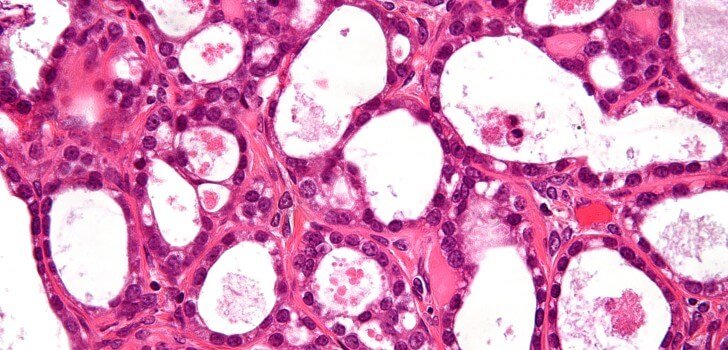New research has shown that cancer is much more of a factor of one’s environment rather than one’s luck. Scientists have discovered that the body’s natural functions, or “luck”, only result in 10% to 30% of all cancer cases. The scientists have said that their findings are “pretty convincing”.
Basically, cancer occurs when one of the body’s own stem cells goes haywire and starts dividing out of control. This can be caused by factors such as how the body operates, as there is a small risk for mutation every time a cell divides. However, it is more predominantly the result of one’s environmental factors, such as smoking and exposure to UV radiation.
Last January, a report stated that the body’s natural functions, a factor of personal luck, were more responsible for cancer. The report stated that the likelihood of developing cancer came down to the number of times that a cell within the body divides. This is generally out of one’s control, making it a matter of one’s luck.
But recently, a team of scientists from the Stony Brook Cancer Center in New York took a different approach to the issue. Their results found that 70% to 90% of the risk for developing cancer concerned outside factors that have nothing to do with the natural tendencies of the body or “luck”.
Director of Stony Brook Dr. Yusuf Hannun said, “External factors play a big role, and people cannot hide behind bad luck. They can’t smoke and say it’s bad luck if they have cancer. It is like a revolver, intrinsic risk is one bullet. And if playing Russian roulette, then maybe one in six will get cancer; that’s the intrinsic bad luck.Now, what a smoker does is add two or three more bullets to that revolver. And now, they pull the trigger. There is still an element of luck as not every smoker gets cancer, but they have stacked the odds against them. From a public health point of view, we want to remove as many bullets as possible from the chamber.”
Meanwhile, applied statistics professor at Open University Kevin McConway, who was not involved in the study, added, “They do provide pretty convincing evidence that external factors play a major role in many cancers, including some of the most common. Even if someone is exposed to important external risk factors, of course it isn’t certain that they will develop a cancer, chance is always involved. But this study demonstrates again that we have to look well beyond pure chance and luck to understand and protect against cancers.”
Cancer researcher Dr. Emma Smith added, “While healthy habits like not smoking, keeping a healthy weight, eating a healthy diet and cutting back on alcohol are not a guarantee against cancer, they do dramatically reduce the risk of developing the disease.”
So while living a healthy lifestyle isn’t a total guarantee against cancer, it greatly reduces one’s chances of developing the potentially deadly disease.
Stay Connected